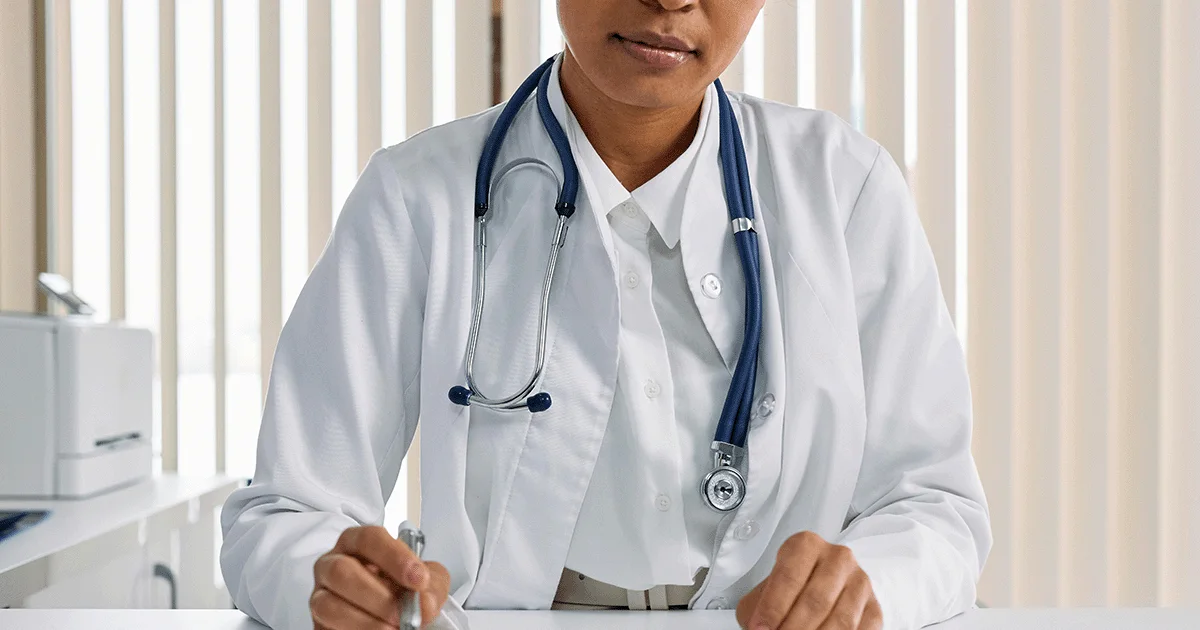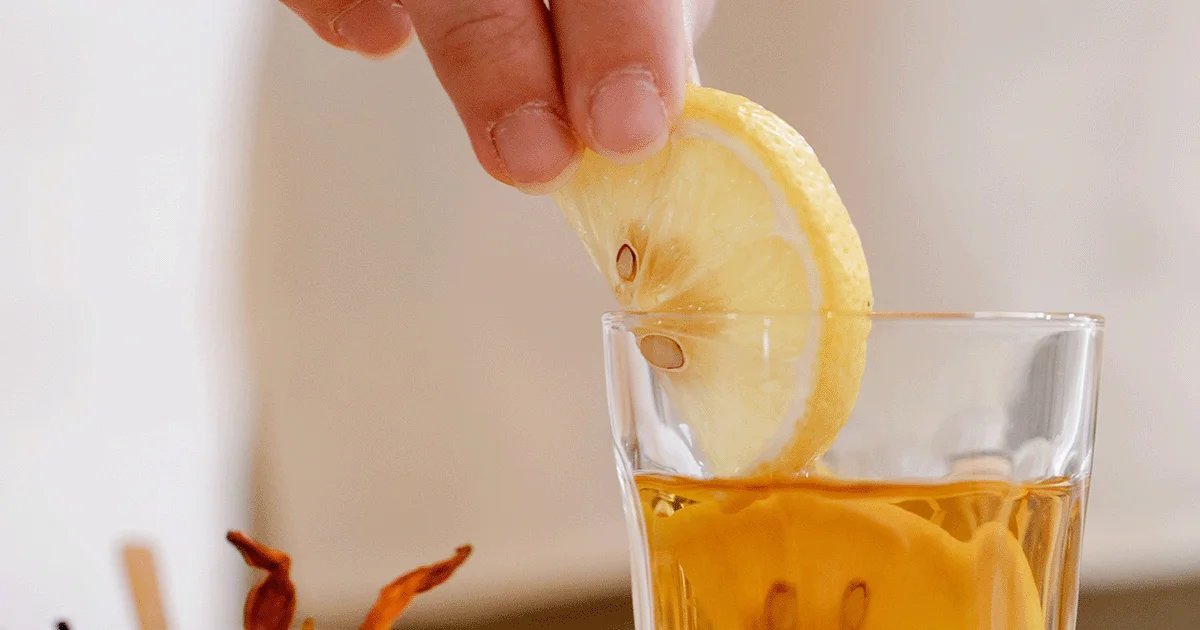11 all-natural ways to protect your erection

Reviewed by Mike Bohl, MD, MPH, ALM,
Written by Michael Martin
last updated: Sep 20, 2019
6 min read
Here's what we'll cover
It's one of the first reflexes guys learn: To shield their genitals from whatever might come flying at them. Whether you were a soccer prodigy or fought a daily battle to keep from tripping over your own feet, it was a lesson you probably didn't have to be taught twice. But in adulthood, we develop a bit of selective amnesia. Reality is, most of us actively make diet and lifestyle choices that impair our sexual health, particularly the quality of our erections.
It's the definition of bad news/good news. Although many of us believe that erectile dysfunction (ED) is an inevitable part of aging, that's not always true. Although more men experience issues with erectile function as they age — it's estimated that 40% of men experience some form of ED by age 40 — the cause is often related to another physical or mental condition (Ferrini, 2017). If you're experiencing one of those conditions now, there are actions you can take to correct them, with the benefits of improving both your erection and your overall health. And there are lifestyle changes you can make early, to protect your erection and decrease the chances you'll experience ED in the future.
The penis is a complicated contraption, and getting an erection involves cooperation between the heart, lungs, blood vessels, hormones, nerves, and brain. So a problem in any of those areas can contribute to erectile dysfunction. The source of ED could be heart disease, diabetes, high blood pressure, low testosterone, nerve damage, depression, COPD, or side effects from medication.
Which means there's plenty you can do, at every age, to protect your erection.
11 ways to protect your erection
1. Keep your weight in a healthy range
Excess body fat weighs heavily on your penis. A Harvard study found that a man with a 42-inch waist is twice as likely to develop ED as a man with a 32-inch waist. And according to an analysis published in the Annals of Internal Medicine, men with a body-mass index (BMI) of 28.7 (meaning overweight, but not obese) had a 30% greater risk of developing ED than men with a BMI of 25 (Bacon, 2003). Being overweight is also a risk factor for type 2 diabetes, which can damage nerves and blood vessels throughout the body, including those that supply the penis. That can result in ED and problems with sexual function.
2. Eat a Mediterranean diet
A diet that's good for your heart is also good for your erection. Fatty, fried, processed, and low-fiber foods lead to heart disease because they cause high cholesterol and, over time, narrow the arteries, decreasing blood flow throughout the body. That's a problem both north and south: The penis relies on blood flow to become erect. One of the best diets for your heart — and erection — health is the Mediterranean diet, which centers on fruits and vegetables, fatty fish and other lean protein, whole grains, olive oil, and red wine. According to a study published in the American Journal of Medicine, eating Mediterranean can help prevent the development of ED (Widmer, 2015).
3. Don't smoke
Smoking doesn't just increase your risk for lung cancer. It also drastically boosts your chances of heart attack, stroke, or ED. Tobacco smoke contains thousands of toxins and exposure to them can lead to damage of the linings of blood vessels. This limits the ability of blood getting where it needs to go — including the penis (Verze, 2015).
4. Don't drink too much
Most of us have experienced "whiskey dick," and usually it's considered a specific, isolated memory: That night in college (OK, those few nights last holiday) when we tied too much on and, upon returning home with a potential partner, realized we couldn't do jack. Over the long term, moderate alcohol consumption doesn't increase your risk of ED, but chronic heavy drinking can damage the liver, heart and nerves and reduce testosterone — all of which can lead to ED and sexual performance issues.
The buzz-harshing reality: Many of us are heavier drinkers than we realize. Heart and cancer experts define "moderate drinking" as no more than two alcoholic drinks per day for men, and just one for women.
5. Exercise
A sedentary lifestyle is a major risk factor for erectile dysfunction. According to a study published in the Journal of Sexual Medicine, men who were inactive or moderately active (30 to 149 minutes of physical activity a week) had 40 to 60% higher odds of ED compared with active men who got 150 or more minutes of physical activity weekly (Janiszewski, 2009).
What qualifies as physical activity? Anything extra activity beyond normal living that makes your body burn calories. The American Heart Association recommends that adult men get 75 minutes of vigorous exercise (such as running, biking, swimming or rowing) or 150 minutes of moderate exercise (like brisk walking) each week.
6. But bike carefully
When you exercise, avoid putting excessive pressure on the perineum, the area between the scrotum and anus; it can injure the blood vessels and nerves that supply the penis. Some frequent cyclists have reported ED because of this. If you spend a lot of time biking, make sure your bike fits you properly, wear padded cycling pants, stand up frequently while pedaling and choose a "no-nose" bike seat, which can protect against sexual dysfunction, according to the National Institute for Occupational Safety and Health (CDC, 2014).
7. Limit porn
There's nothing wrong with watching porn. Just like there's nothing wrong with visiting an all-you-can-eat buffet. But if you're scarfing crab rangoon and fried chicken three times a day, eventually you'll be a 500-pound person. And if porn is a disproportionate part of your sexual diet, you could experience erection problems. The gulf between fantasy and reality might psych you out during IRL sexual activity. Again, nothing against porn. But if you're experiencing erection difficulties and you've looked at other risk factors, it wouldn't hurt to cut back on your triple-X consumption and see what happens.
8. Believe that you're good enough
Not to get all Stuart Smalley on you (an image that might cause ED on its own), but performance anxiety can be a major cause of ED. Scientists estimate that fear of sexual failure might cause between 10% and 20% of erectile dysfunction cases (VA, 2013). Porn and the Instagram era may not be helping, because they are filled with idealized versions of people's bodies and genitals. And if we start having negative feelings about our own genitals, as one study published in the Journal of Sexual Medicine found, that can be a distraction in bed, leading to sexual anxiety and dysfunction including ED (Wilcox, 2015). And it can be a vicious cycle: You're anxious about your body, so you have an instance of ED with your new partner; the next time you're in bed, you're anxious about your body and the ED episode, so you experience ED again.
9. Manage depression
Mental health is a major contributor to ED, and that's not discussed enough. Depression is often associated with sexual dysfunction — and some researchers suggest that if you're experiencing one, you should be screened for the other (Atlantis, 2012). Both depression and anxiety are common in men with ED. So are sleep disorders like insomnia (Jankowski, 2008). If you consult a health-care provider about ED and they don't ask about your mental health or how you're sleeping, bring it up. Treating one could ameliorate the others — but you won't know if you're not completely honest. On the flipside, medications that are used to treat depression can often have a side effect of causing ED. If this is happening to you, talk to your provider to see if there is another option that may work better for your overall goals.
10. Manage stress
Ever wondered why, when you're anxious, taxed or stressed, your testicles can seem to be contracting toward your throat? That's because psychological stress boosts levels of adrenaline, which makes blood vessels contract — particularly downstairs, which can inhibit your erection. Feelings of tension, worry and distraction work — on both mental and physical levels — to prevent you from being in the mood. As with performance anxiety, this can also lead to a cycle: You're stressed and your mind is elsewhere, so your erection wilts, so you get stressed about that, and so on.
One of the most effective therapies for anxiety is mindfulness, or concentrating on staying in the present moment — an exercise that's especially beneficial in the bedroom. If you're having trouble managing stress, seek medical advice.
11. Keep testosterone levels in check
Experiencing ED doesn't mean you're less of a man, and it doesn't mean you're low in the male hormone testosterone, either. About 20% of men diagnosed with ED have a low level of testosterone or other hormones (Rajfer, 2000). The relationship between testosterone and erection health is complicated, and going on testosterone therapy doesn't automatically cure ED; it's likely you'll have to work to eliminate other causes. But if you're experiencing ED and have other symptoms of low T like fatigue, talk to your healthcare provider about getting your testosterone levels checked.
What is erectile dysfunction?
ED isn’t just about not being able to get an erection. It’s really more about how you and your partner feel about your sex life. ED can show up as softer erections, erections that don’t last as long, less frequent erections, or even a lack of morning erections.
As we just outlined, frequent ED (or worsening ED symptoms) can be an early warning sign of more serious health problems like heart disease, stroke, high blood pressure, diabetes, depression, or a hormone imbalance.
So it’s important to address ED at the first signs of trouble. You might be able to make lifestyle changes that treat or prevent a potentially life-threatening condition.
Don't give in to ED stigma
You owe it to yourself. It's time to move past any shame or embarrassment associated with ED. Ignoring ED symptoms because you’re embarrassed can mean potentially life-threatening health problems down the road. ED happens to most guys at some point in their life. Luckily, you can do something about it.
If you're experiencing erectile dysfunction, talk to a healthcare provider today. And read our expert guide, which can answer all of your medical questions about ED, including ED treatments, the common causes of ED, and how ED medication (like Viagra (generic name sildenafil) works. ED affects millions of men. Get the answers you need to take back control of your health.
Viagra Important Safety Information: Read more about serious warnings and safety info.
DISCLAIMER
If you have any medical questions or concerns, please talk to your healthcare provider. The articles on Health Guide are underpinned by peer-reviewed research and information drawn from medical societies and governmental agencies. However, they are not a substitute for professional medical advice, diagnosis, or treatment.
Atlantis, E. & Sullivan, T. (2012). Bidirectional association between depression and sexual dysfunction: a systematic review and meta-analysis. Journal of Sexual Medicine, 9 (6): 1497-1507. doi: 10.1111/j.1743-6109.2012.02709.x. Retrieved from https://www.ncbi.nlm.nih.gov/pubmed/22462756/
Bacon, C. G., Mittleman, M. A., Kawachi, I., Giovannucci, E., Glasser, D. B., & Rimm, E. B. (2003). Sexual Function in Men Older Than 50 Years of Age: Results from the Health Professionals Follow-up Study. Annals of Internal Medicine , 139 (3), 161. doi: 10.7326/0003-4819-139-3-200308050-00005. Retrieved from https://pubmed.ncbi.nlm.nih.gov/12899583/
Centers for Disease Control and Prevention (CDC). (2014, June 6). NIOSH Publications and Products - No-nose Saddles for Preventing Genital Numbness and Sexual Dysfunction from Occupational Bicycling (2009-131). Retrieved from https://www.cdc.gov/niosh/docs/wp-solutions/2009-131/default.html
Erectile Dysfunction Information Sheet for BHPs Version 3. (n.d.). Retrieved from https://www.mirecc.va.gov/cih-visn2/Documents/Provider_Education_Handouts/Erectile_Dysfunction_Information_Sheet_for_BHPs_Version_3.pdf
Ferrini, M. G., Gonzalez-Cadavid, N. F., & Rajfer, J. (2017). Aging related erectile dysfunction-potential mechanism to halt or delay its onset. Translational Andrology and Urology, 6 (1): 20-27. doi: 10.21037/tau.2016.11.18. Retrieved from https://www.ncbi.nlm.nih.gov/pmc/articles/PMC5313305/
Harvard Health Publishing. (n.d.). Obesity: Unhealthy and unmanly. Retrieved from https://www.health.harvard.edu/mens-health/obesity-unhealthy-and-unmanly
Janiszewski, P. M., Janssen, I., & Ross, R. (2009). Abdominal obesity and physical inactivity are associated with erectile dysfunction independent of body mass index. Journal of Sexual Medicine, 6 (7): 1990-1998. doi: 10.1111/j.1743-6109.2009.01302.x. Retrieved from https://www.ncbi.nlm.nih.gov/pubmed/19453892
Jankowski, J. T., Seftel, A. D., & Strohl, K. P. (2008). Erectile dysfunction and sleep related disorders. Journal of Urology, 179 (3): 837-841. doi: 10.1016/j.juro.2007.10.024. Retrieved from https://www.ncbi.nlm.nih.gov/pubmed/18221960
Rajfer, J. (2000). Relationship between testosterone and erectile dysfunction. Reviews in Urology, 2 (2): 122-128. Retrieved from https://www.ncbi.nlm.nih.gov/pmc/articles/PMC1476110/
Verze, P., Margreiter, M., Esposito, K., Montorsi, P., & Mulhall, J. (2015). The Link Between Cigarette Smoking and Erectile Dysfunction: A Systematic Review. European Urology Focus, 1 (1) 39-46. doi: 10.1016/j.euf.2015.01.003. Retrieved from https://www.ncbi.nlm.nih.gov/pubmed/28723353
Widmer, R. J., Flammer, A. J., Lerman, L. O., & Lerman, A. (2015). The Mediterranean diet, its components, and cardiovascular disease. American Journal of Medicine, 128 (3): 229-238. doi: 10.1016/j.amjmed.2014.10.014. Retrieved from https://www.ncbi.nlm.nih.gov/pubmed/25447615
Wilcox, S. L., Redmond, S., & Davis, T. L. (2015). Genital image, sexual anxiety, and erectile dysfunction among young male military personnel. Journal of Sexual Medicine, 12 (6): 1389-1397. doi: 10.1111/jsm.12880. Retrieved from https://www.ncbi.nlm.nih.gov/pubmed/25929693/










